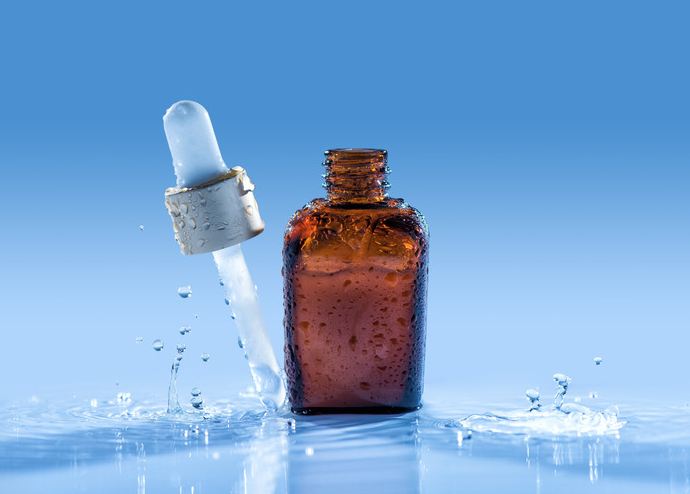Hyaluronic acid, aka hyaluronan, surged to fame a long time ago, but some might even know about it. Considered a hero ingredient, our bodies actually produce hyaluronan. So, why do we still need it?
The best part of hyaluronic acid is that it has a variety of uses. You can use it as a topical serum, injection, supplement, or eye drops. The acid’s primary function is to retain water and keep our tissues well moisturized and lubricated. Curious to find out more?
Here is what you need to know.
Hyaluronic Acid For a Healthier Skin

Approximately half of the hyaluronic acid in our bodies is in our skin. There, it binds to water to retain moisture. But, as we age, exposure to things such as pollution, UV, and tobacco smoke can highly lower the hyaluronic amounts. That’s where the hyaluronan really shines!
Hyaluronic acid can be applied to the skin’s surface as a serum to reduce redness, dermatitis, and, of course, wrinkles. If you want a more youthful look and smoother skin, you can also try hyaluronic acid fillers.
Remember to discuss it first with a dermatologist. What works for a person might not do the same for you!
It Efficiently Preserves Your Bone Strength

Recent test-tube research shows that high doses of hyaluronan can increase the activity of osteoblasts, some cells that build new bone tissue.
Moreover, hyaluronic acid supplements are also very efficient for people suffering from osteoarthritis. The acid can be injected directly into the joints or taken as supplements.
Calm Acid Reflux Symptoms

As per new findings, hyaluronic acid might be able to lower symptoms of acid reflux significantly. In addition, it can also speed up the recovery process and calm the damaged lining of the oesophagus.
It Treats Dry Eye

Eye drops containing 0.2-0.4 % hyaluronic acid can reduce dry eye symptoms and improve eye health. How great is that?
Also, contact lenses that comprise the slow-release of hyaluronan are now in development as a possible treatment for dry eye.
Possible Side Effects
So far, studies have shown that hyaluronic acid is safe to use, with only a few reported side effects. The reason? Because our bodies can naturally produce this acid, allergic reactions are pretty rare.
For example, one survey in 60 people with osteoarthritis who took 200mg/daily of hyaluronan for one year showed no adverse side effects. Still, you have to discuss with a doctor how much hyaluronic acid you really need and which formula is best.
Recent research showed that hyaluronic acid injections into joints or skin have a higher risk of side effects. Most negative reactions are linked to the injection procedure.












Leave a Reply